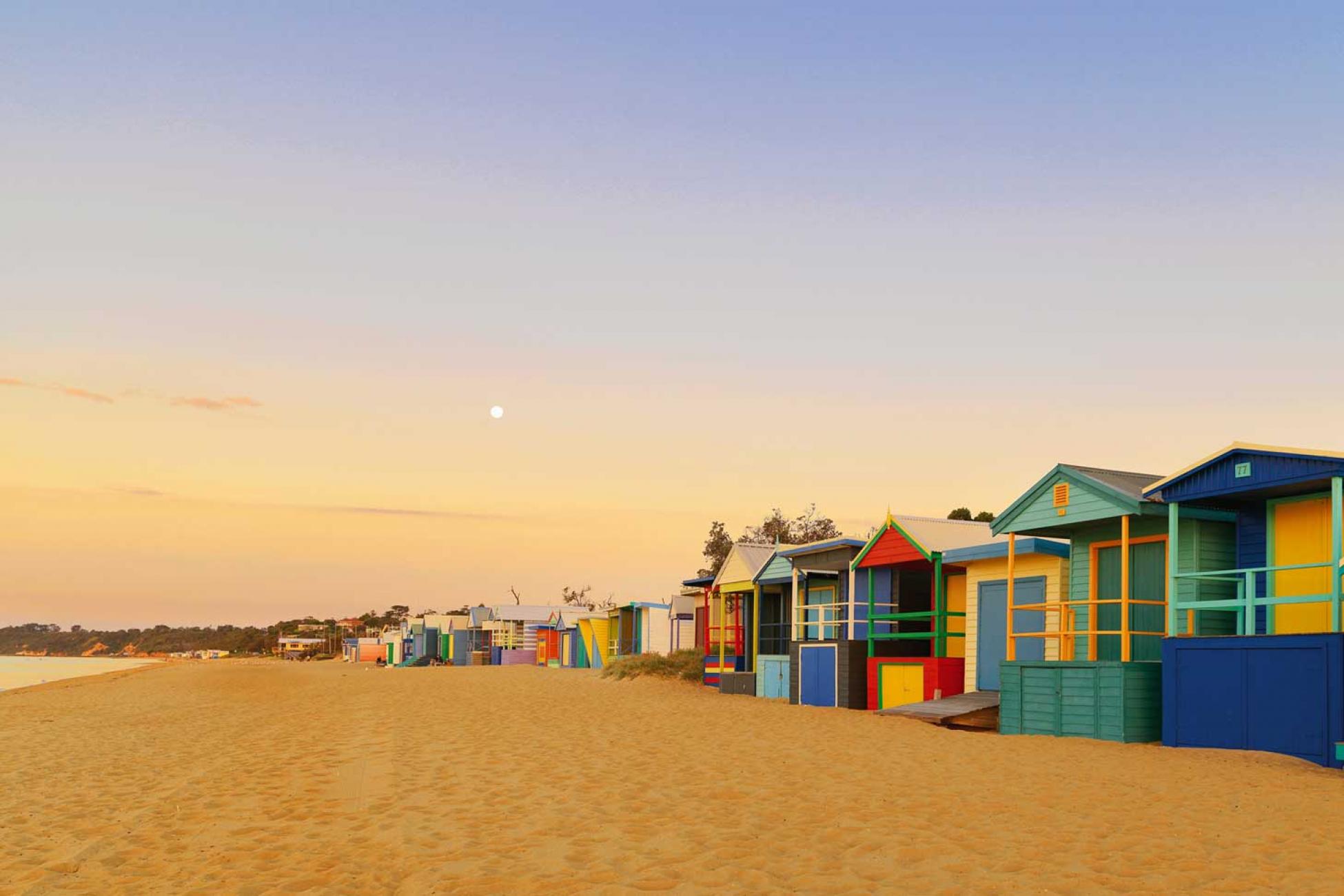While there are many great things about studying abroad in the land of OZ, there are some things you need to consider just before you head to the airport. Here are my top five.
1. You might become very distracted.
In a good way. Australia is a huge country and known for having some of the world’s most unique activities. From ancient natural rainforests to stunning outback landscapes with million-year-old terrain to the breathtaking Great Ocean Road; learning about the deep history of aboriginals in Northern Territory; some of the best food and wine experiences in Victoria or South Australia; incredible surfing experiences at the Gold Coast; wildlife encounters on Kangaroo Island; and of course, world-class diving in The Great Barrier Reef!
It can become daunting with how much there is to see and do in this country; travellers who’ve been here more than once often say they could come back because they’ve missed something. If you’ll be there for a semester or a year, it’s important to carefully plan as much as you want to see in both your study city and across the country.
2. Get all paperwork done.
This is especially important as you may not leave the airport upon landing! Key details like having an Australia Travel Visa (or student visa) are absolutely crucial. Plus, medical coverage, student healthcare coverage (for prescriptions and other unexpected insurance needs) can help with unplanned expenses that could arise should you fall ill, or worse, need emergency hospital care.
Do your research thoroughly and talk to a travel expert on how you can get the best coverage that’s right for you, so you’re protected on a plan that works overseas (especially if you decide to travel elsewhere, such as Fiji or Thailand, during the school year). Opening an Australian bank account isn’t a bad idea either, as you could avoid annoying fees whenever you withdraw funds from your Canadian bank account.
3. Have everything organized beforehand.
From correct school enrollment documentation, to contact lens solutions, public transit maps, and even the right kinds of clothing for the appropriate seasons (remember: our seasons are opposite to that of Australia!); it is important to ensure you have more than enough of everything you’ll need!
You’ll also want to have your campus/off-campus housing lined up (or security deposits paid), or at least set up a hotel stay for the first couple of weeks while you get your bearing and secure apartment viewings for your temporary residence. Don’t forget to designate a next-of-kin or close friend as your emergency contact back home.
4. Have all your travel ideas lined up and researched.
From tours to travelling through major cities (and off-beaten tracks!) around Australia, to even visiting other countries like New Zealand, Fiji and Samoa; you can have all of these booked in advance before you go so you’ve got your reading week/spring break or other study break plans lined up!
Depending on when you’ll be in Australia, a Destination Specialist can help you with your research in knowing what to see and when the ideal times are to enjoy some of the best experiences you’ll ever have.
5. Pack your bags and say "farewell"!
Plan your going-away party, secure your flight (and return flight—discuss with your travel agent about what to do if you need to change your return date), bring books, TV shows and other forms of entertainment for the airplane ride, an Australian slang guidebook, power adapters and converters (very important for items such as hair dryers or electronic toothbrushes!), and your most up-to-date passport (note: a “valid” passport should expire more than six months past the date of your expected return!).
Laurel Ewasiuk is a Destination Specialist at Downunder Travel. She has travelled extensively throughout the South Pacific and recommends Australia as a safe and exciting place for students to live, study and grow!
Sponsored content disclosure: This is a paid article. The content was created by an advertiser and represents the views and opinions of the advertiser, who is responsible for all of the material contained in the article. Links are not endorsements by Verge Magazine.
